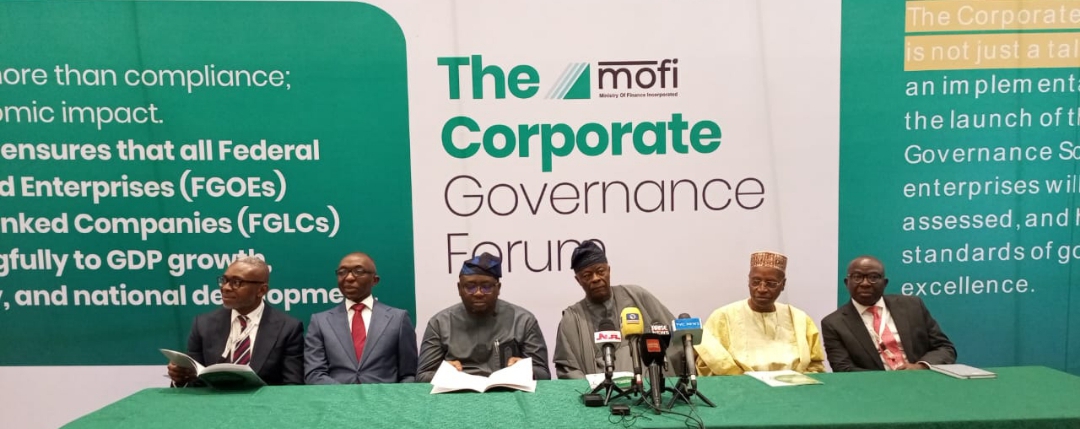ARFSD-11: Gatete urges bold action for Africa’s sustainable future
By Kamal Tayo Oropo Mr Claver Gatete, Executive Secretary of the Economic Commission of Africa (ECA), has called for a bold action to achieve sustainable development in Africa. Getafe, in a statement by ECA on Wednesday, made the call during his address atContinue Reading





















